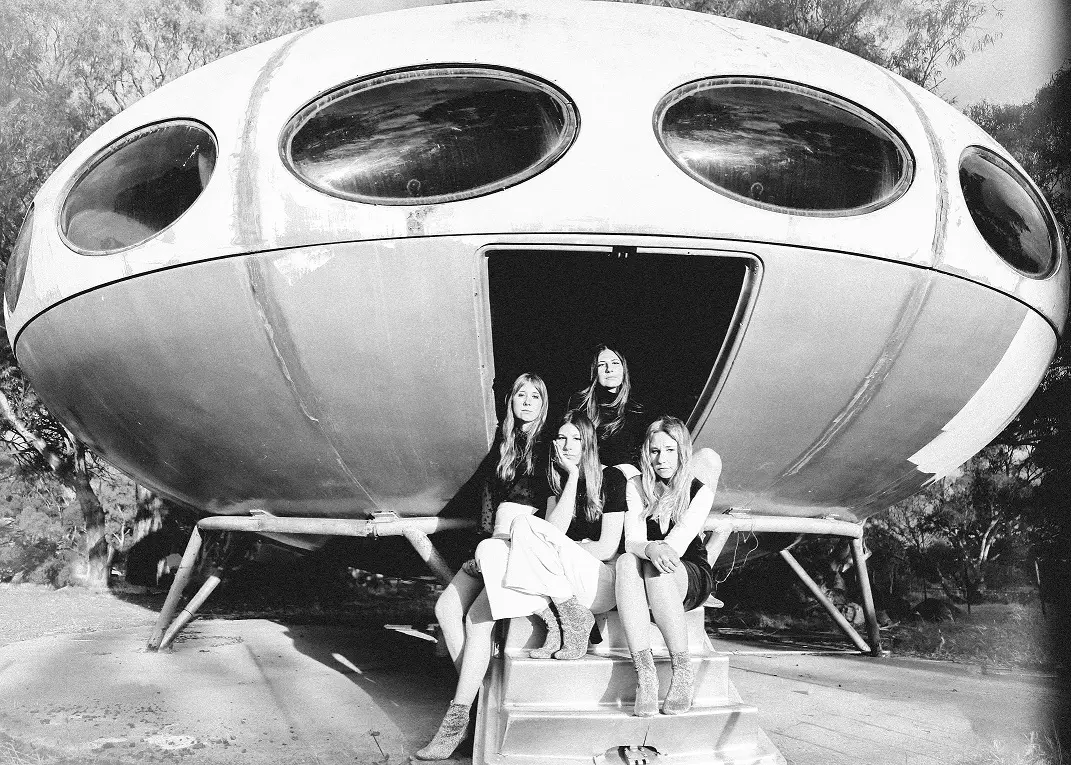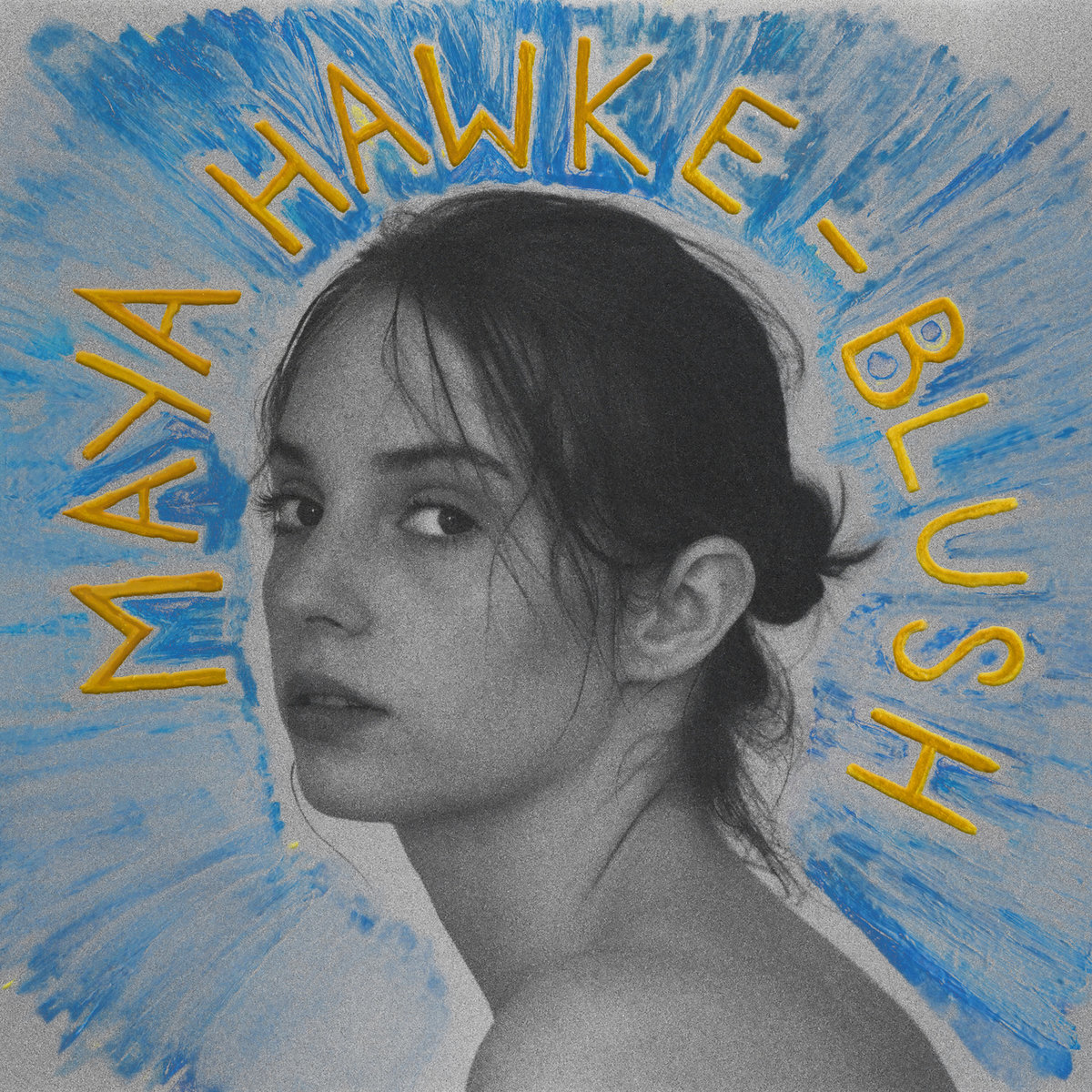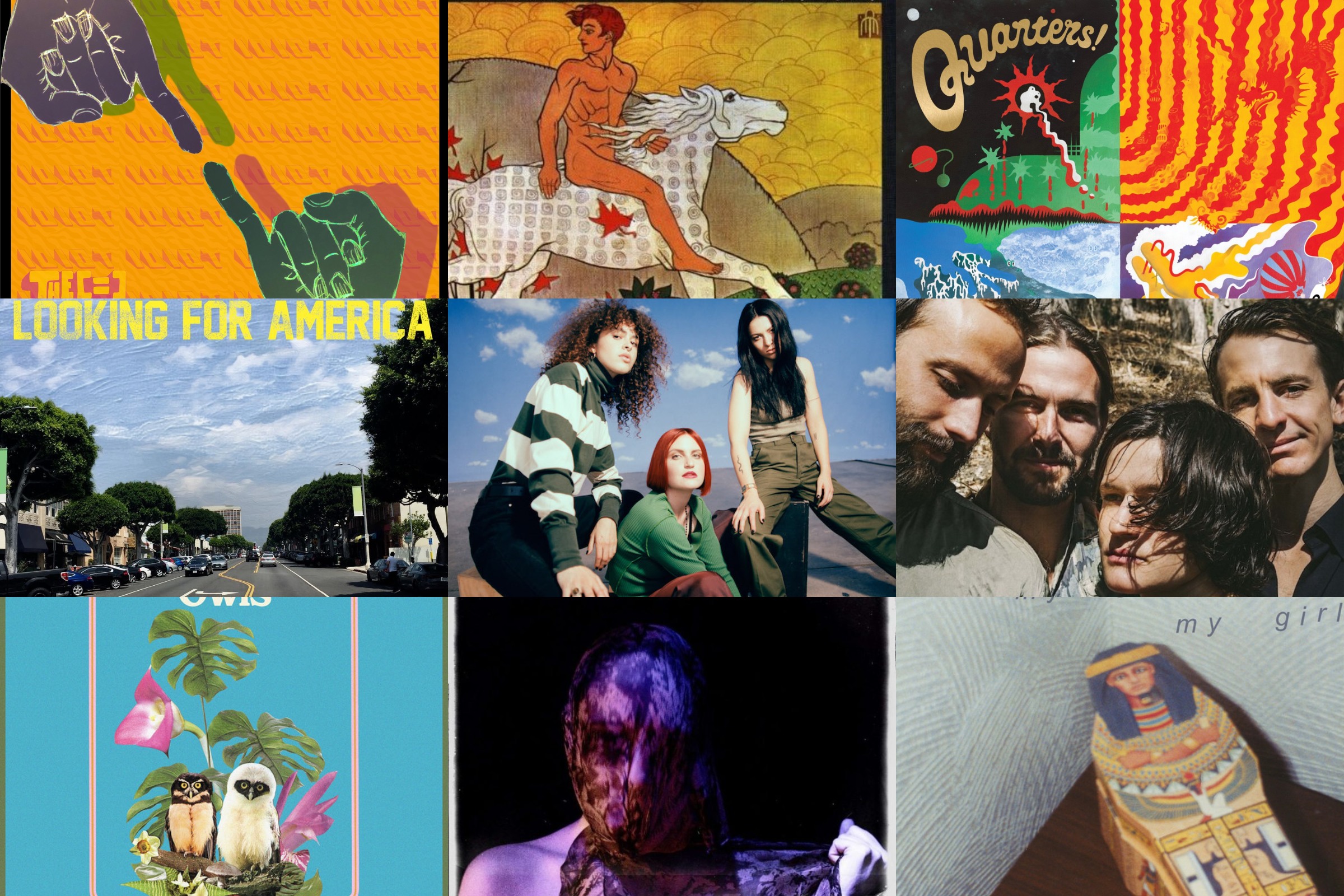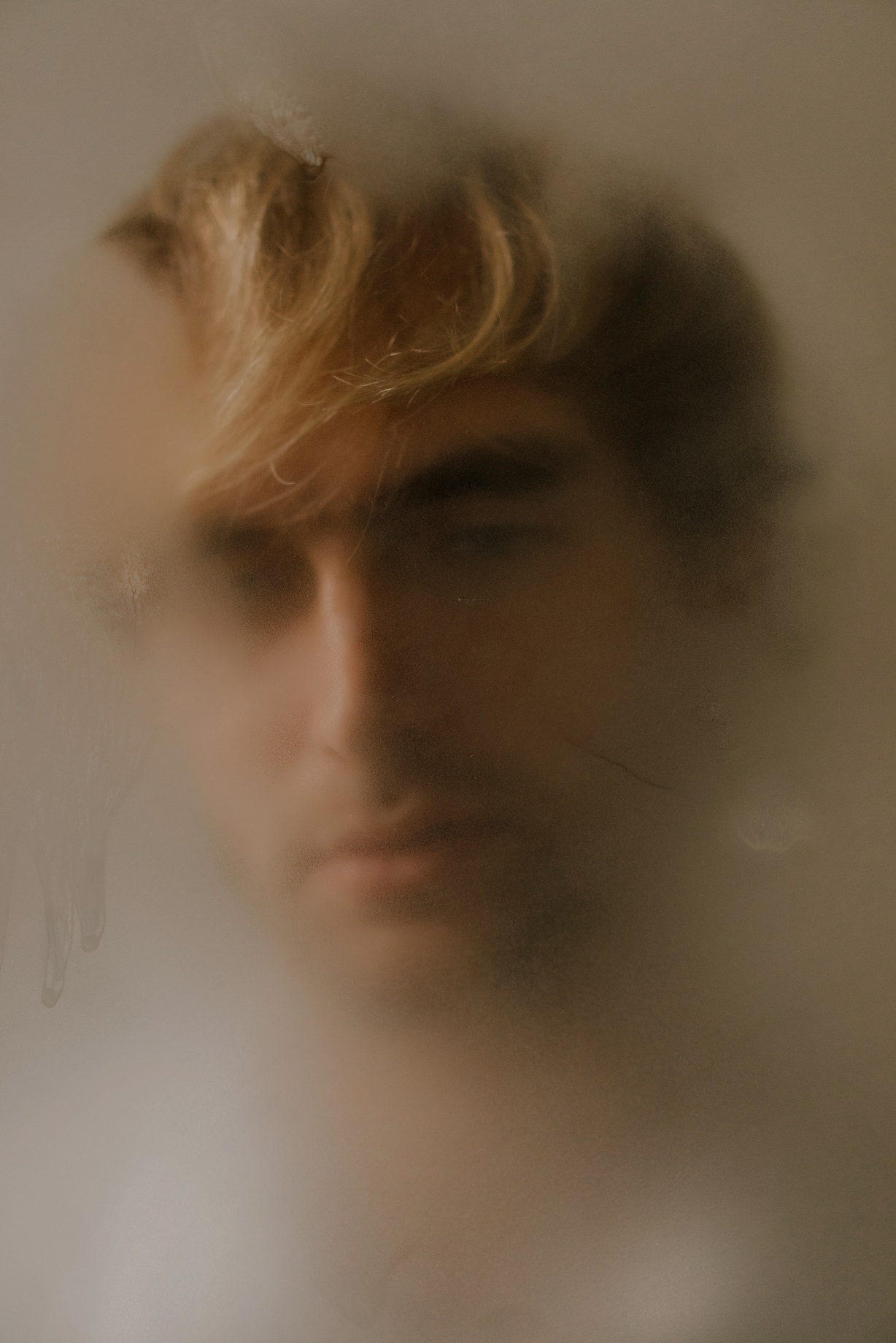Country singer Carly Pearce talks to Atwood Magazine about the inspiration behind her new album ’29’, her love of ’90s female country artists, and the power of music to change you.
Stream: “Next Girl” – Carly Pearce
“29 is the year I got married and divorced” was the line that inspired me to write this collection of songs. I think it’s such a powerful message that I wanted to base the record off of it.
Sometimes there is a very definite before and after in life. The person you were and the person you are now can seem like two different people. It can be unsettling but also freeing. Music can help you mark those before and afters in your life with songs and albums becoming soundtracks to experiences or sonic photographs which when you listen back all the memories of the time you first heard it come flooding in. A song can hold a memory or past version of ourselves in perpetual suspension. At times music can sometimes feel closer to magic than an art form of this world.
In the case of country artist Carly Pearce, the line that marks her before and after is, “29 is the year I got married and divorced, I held on for dear life, but I still fell off the horse,” from the title track of her new album, 29. When you first hear it, it knocks you back, and then she repeats it throughout the song’s three choruses. By the end, it feels like your heart has been wrung out.
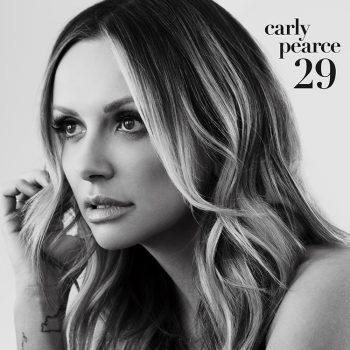
Released February 19 via Big Machine, 29 is a collection deeply vulnerable, honest, sassy and beautiful songs.
From the opener, ‘Next Girl’ which calls out the men who tell the next girl their ex was crazy, to the bluesy ‘Liability’ where Pearce engages in some exquisite wordplay. Then there is the beautiful ‘Show Me Around’, a homage to Pearce’s late producer busbee who produced her two albums and was instrumental to Pearce’s life as a singer and songwriter. ‘Messy’ is about all the unspoken messiness and confusion of break-ups finally spoken, or in this case sung. Of drinking too much wine, mascara-stained pillowcases and texting someone you shouldn’t. The album ends on “Day One,” with Pearce looking forward only to look back and reminding herself that everything will be easier if she can just get through day one.
29 is crafted in such a way that it reminds you how country music can take you apart so perfectly and put you back together again. In the course of our interview, it becomes clear Pearce is not only no longer 29, but she is also no longer the woman who fell off that horse.
— —
:: stream/purchase Carly Pearce here ::
Stream: ’29’ – Carly Pearce
A CONVERSATION WITH CARLY PEARCE
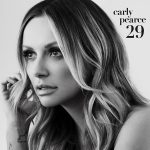
Atwood Magazine: 29 is a very raw and a very honest record, and also a record that is very pure in its country sensibilities. What artists inspired 29 both in terms of the song writing but also the music itself?
Carly Pearce: With everything that happened in the past year, I felt inspired to dig back into 90’s country songs, where some of the most influential women of the genre were fearless and just poured their hearts out and yet blended such empowering messages into their music. Some of my greatest influences for 29 were Trisha Yearwood, Patty Loveless, Shania Twain to name a few. Their music will always hold a special place in my heart and I think a piece of them will always find its way into my music.
Do you listen to a lot of music before beginning a project, or do you have the other non-musical inspirations around you before you start writing and recording?
Carly Pearce: I’m constantly listening to music and I’m always looking for new artists that inspire me. The beautiful thing about country is that it’s becoming so fluid with other genres that it gives artists the ability to really push the boundaries and challenge themselves with songwriting. For this record, I was obviously very influenced by my personal life and sharing my experiences of healing and growing in the past year. Music has always been a form of therapy for me, and I’m so glad I was able to release something that was so vulnerable and raw because that’s what country music is all about.
There has been a lot of changes in the United States and in country music in the last 12 months – I am thinking particularly of the elevation of black country artists such as Mickey Guyton, Brittney Spencer, Reyna Roberts and Tiera. What are your thoughts on the changes we are seeing and what hopes do you have for the country music industry going into 2021?
Carly Pearce: I am absolutely thrilled to see these women rise up in the genre. I remember first listening to Mickey Guyton’s “What Are You Gonna Tell Her?” and just feeling so moved by her vulnerability that just so clearly came straight from the heart. Watching her ACM performance was just so beautiful and I’m so excited to see what these women accomplish in 2021.
In the chorus of ‘29’ you are so up front with the lyrics, “But for me 29, is the year I got married and divorced.” Was writing that line and then singing it over and over in the recording studio difficult?
Carly Pearce: Music is like therapy to me. That line in particular was what inspired me to write about my personal journey and completely expose my wounds to the world. I think it’s something that isn’t talked about enough and I wanted to be able to start that conversation for people who have gone through a similar experience or any hardships because it’s so easy to keep those vulnerable moments buried, but they hold such an amazing opportunity for growth to open up and talk about them.
But for me 29
Is the year that I got married and divorced
I held on for dear life, but I still fell off the horse
From a Miss to a Mrs. then the other way around
The year I was gonna live it up
Now I’m never gonna live it down
There is a lot of wordplay on the record with “Next Girl” and “Liability.” Can you talk about your writing process for 29 and how you came up with those types of lyrics? Do you have a “vault of lyrics” in your phone ready for writing sessions? And was the process of writing for 29 different to your previous two albums?
Carly Pearce: Everything came together so quickly. I stayed with my family in Alabama in the early stages of quarantine last year and I was able to piece together most of it there. Writing sessions over Zoom were definitely challenging, but thankfully we were able to feel inspired by the time in isolation and we were able to build something we’re very proud of. I worked with Shane McAnally and Josh Osborne, among others that have made so many of my past projects feel so significant, which makes 29 that much more special. It felt like a new chapter in my career releasing a project without busbee, but I know he would be proud of me for challenging myself creatively with this collection.
There is a wonderful mix of vulnerability and toughness to 29. Was that a deliberate choice when writing or choosing the songs or is it just a natural reflection of you as an individual?
Carly Pearce: The songs are in order from the emotions that I went through during that season. I think it was a really natural thing for me to choose the songs and they were written in order for the most part, so the project really just fell into place.
Did you track the album live or was there a lot of remote recording involved?
Carly Pearce: Because of COVID, there was a bit more remote recording involved for this record, but some of the songs were also tracked live.
Which was the first song you wrote for the record and which was the last?
Carly Pearce: “Next Girl” was the first song that I had written, and “Day One” was the last. For the most part, the songs were all written in the same order that they are in on the collection.
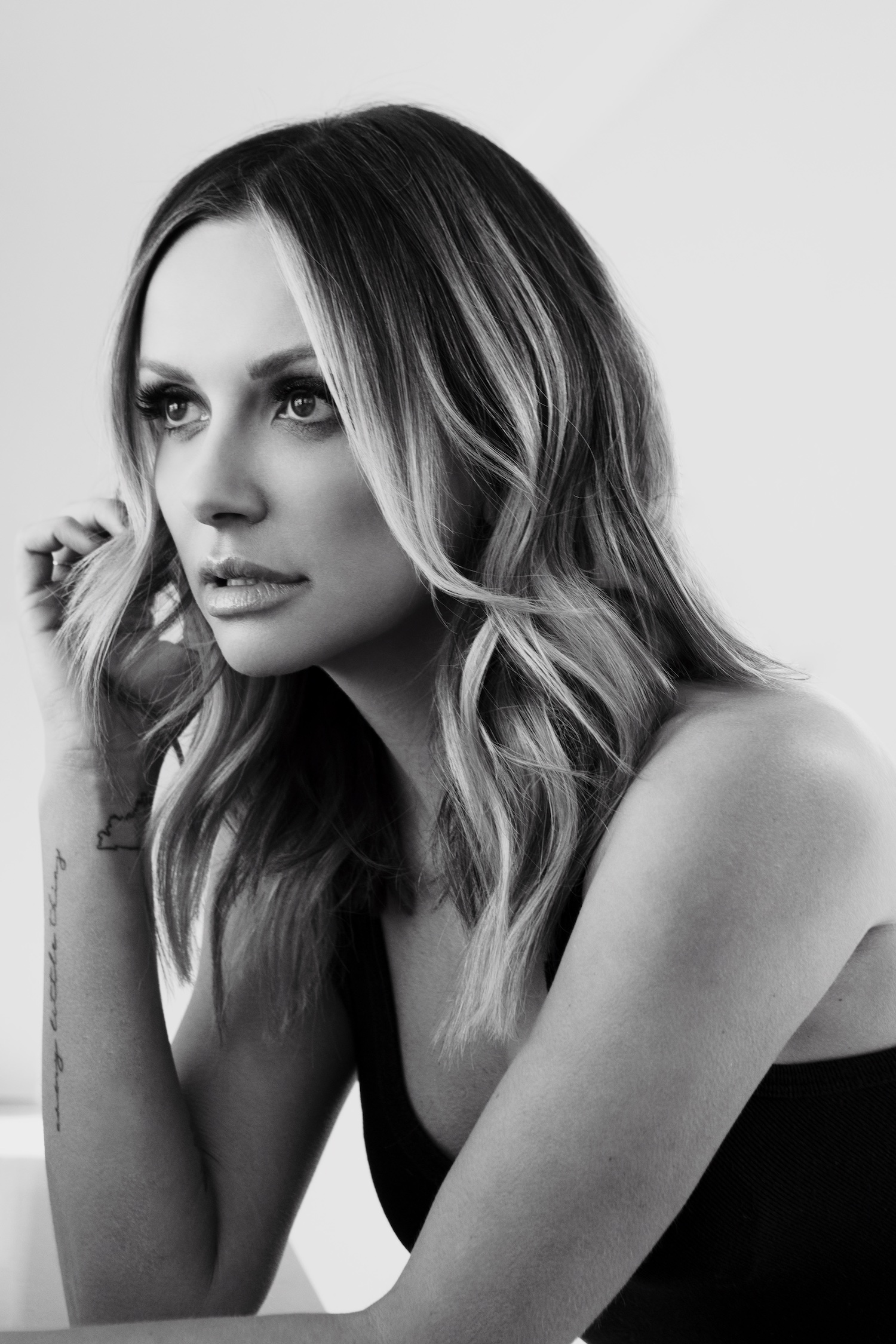
What is your favorite lyric or the lyric you are most proud of from 29?
Carly Pearce: “29, is the year I got married and divorced” was the line that inspired me to write this collection of songs. I think it’s such a powerful message that I wanted to base the record off of it. Although I know not everyone can relate to my situation, I thought it was such an important message that captured the circumstances of life and accepting the fact that not everything goes as planned, and that’s how we are able to learn and grow.
Looking back on the time when you were writing the songs for 29 and then recording the album, do you see a definitive before or after or do you find yourself living in those songs at times?
Carly Pearce: Yes, listening to “Next Girl” and some of the earlier songs on the record, I feel like an entirely different person from who wrote those songs a few months ago. I think time is the best way to heal, and I’m so grateful for the opportunity to have shared my experience with others!
I feel like an entirely different person from who wrote those songs a few months ago. I think time is the best way to heal, and I’m so grateful for the opportunity to have shared my experience with others!
— —
:: stream/purchase Carly Pearce here ::
— — — —

Connect to Carly Pearce on
Facebook, Twitter, Instagram
Discover new music on Atwood Magazine
? © Allister Ann
:: Stream Carly Pearce ::




